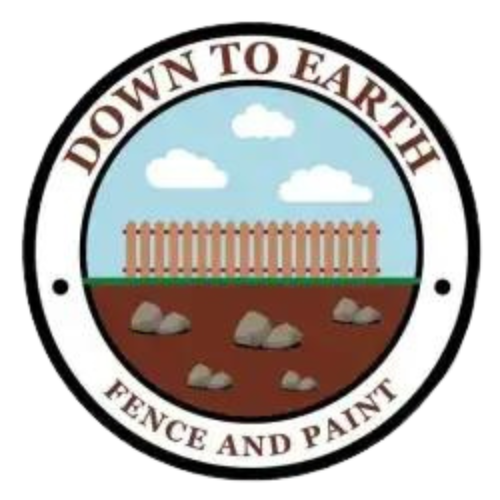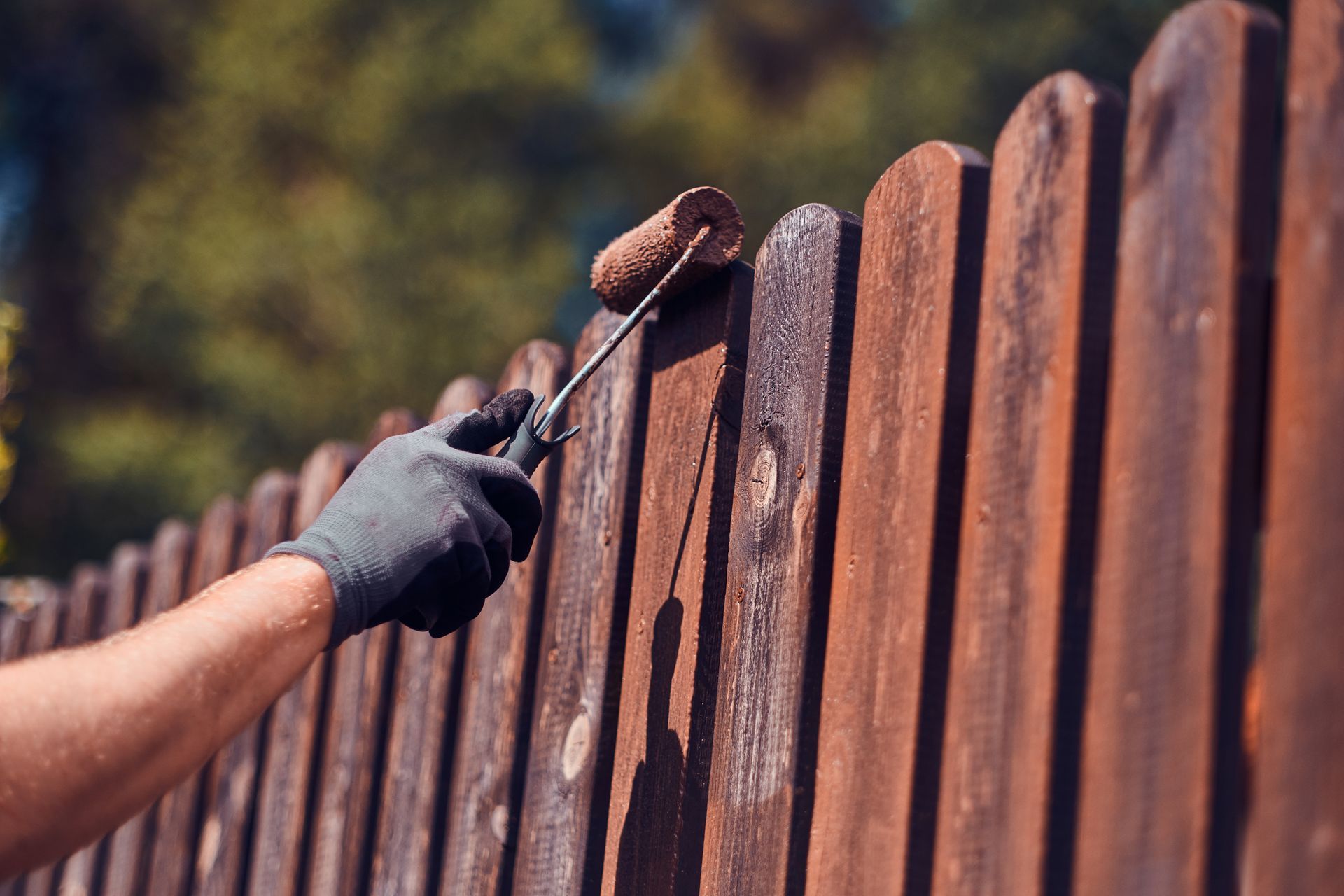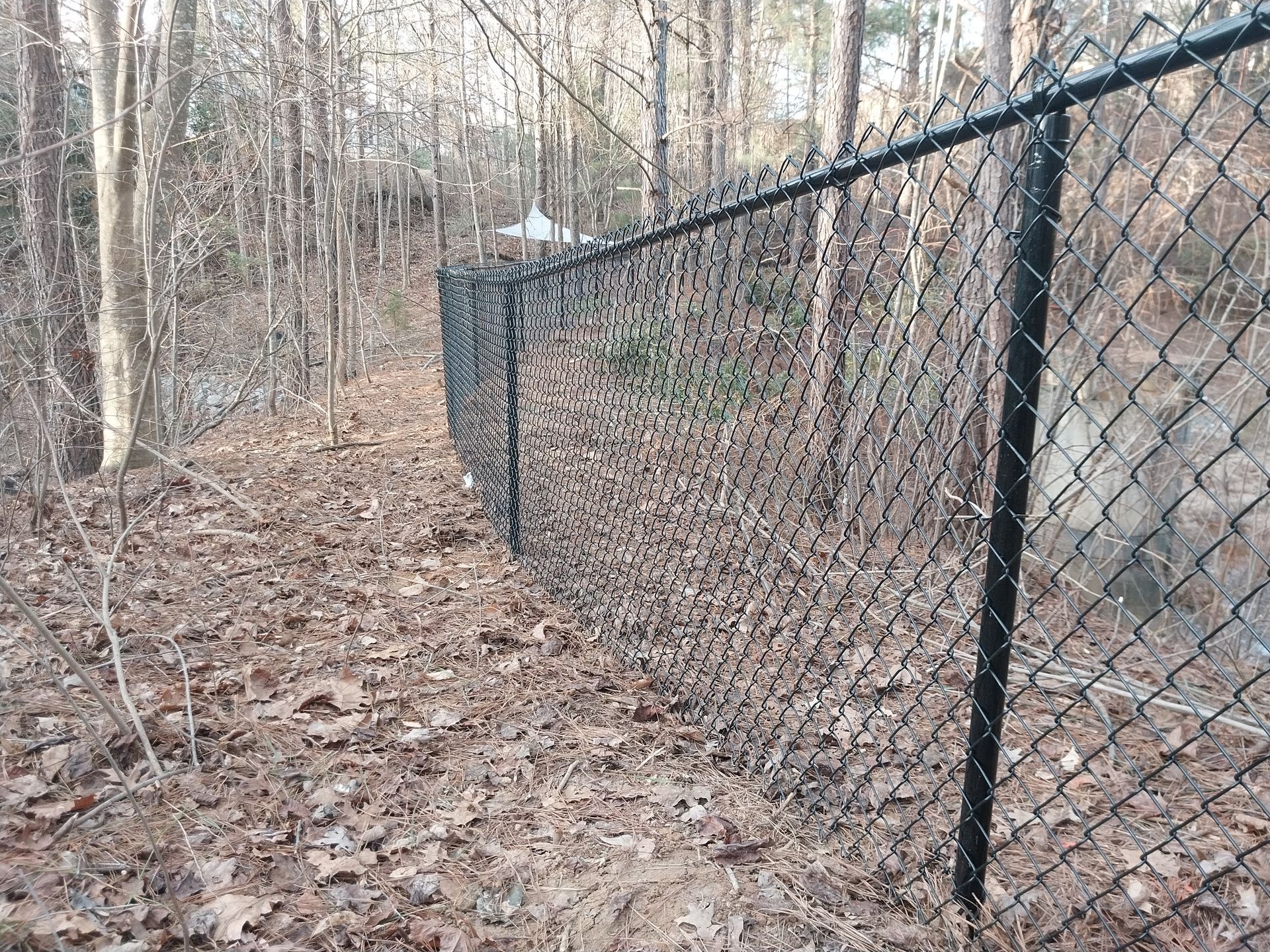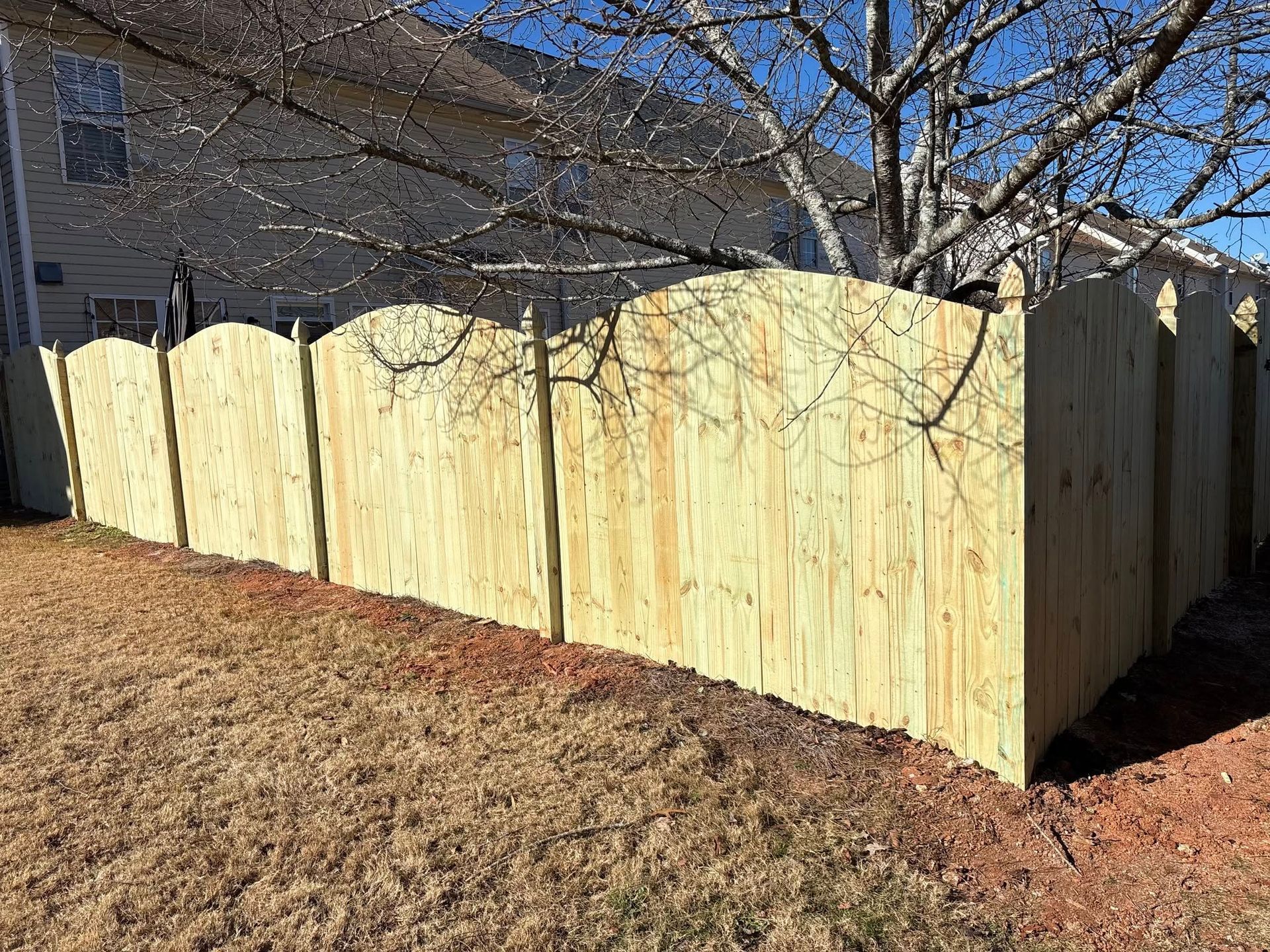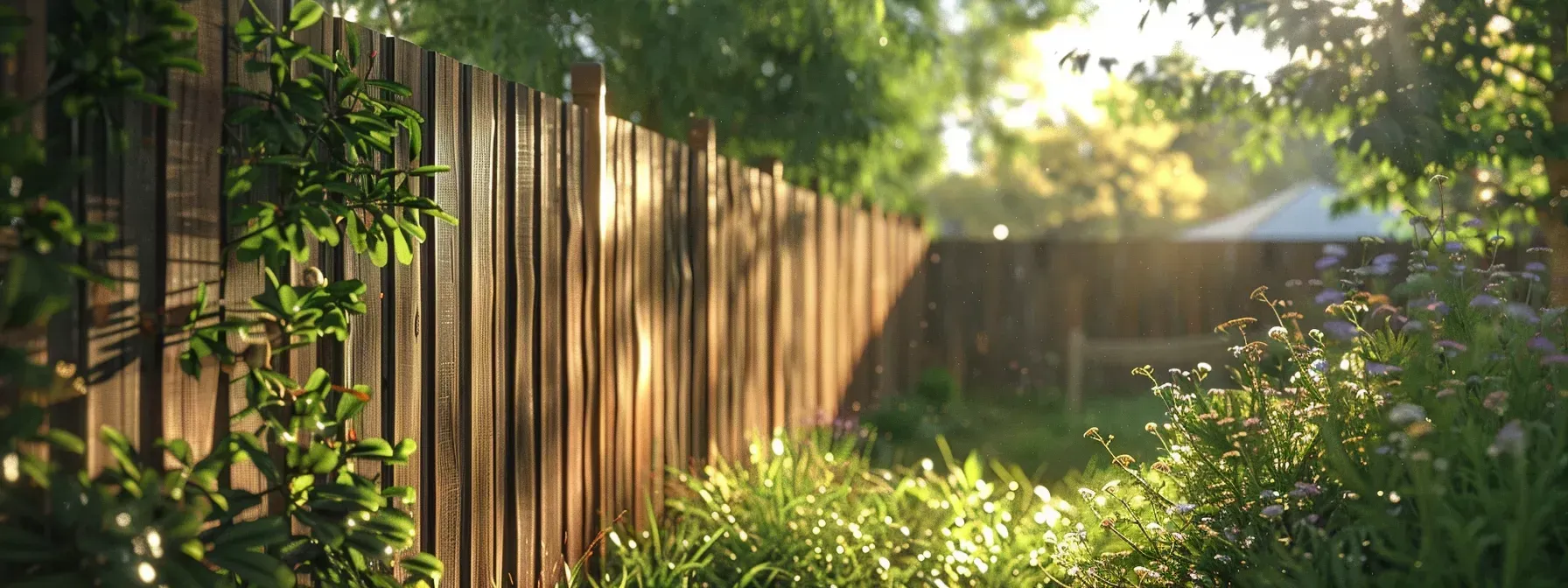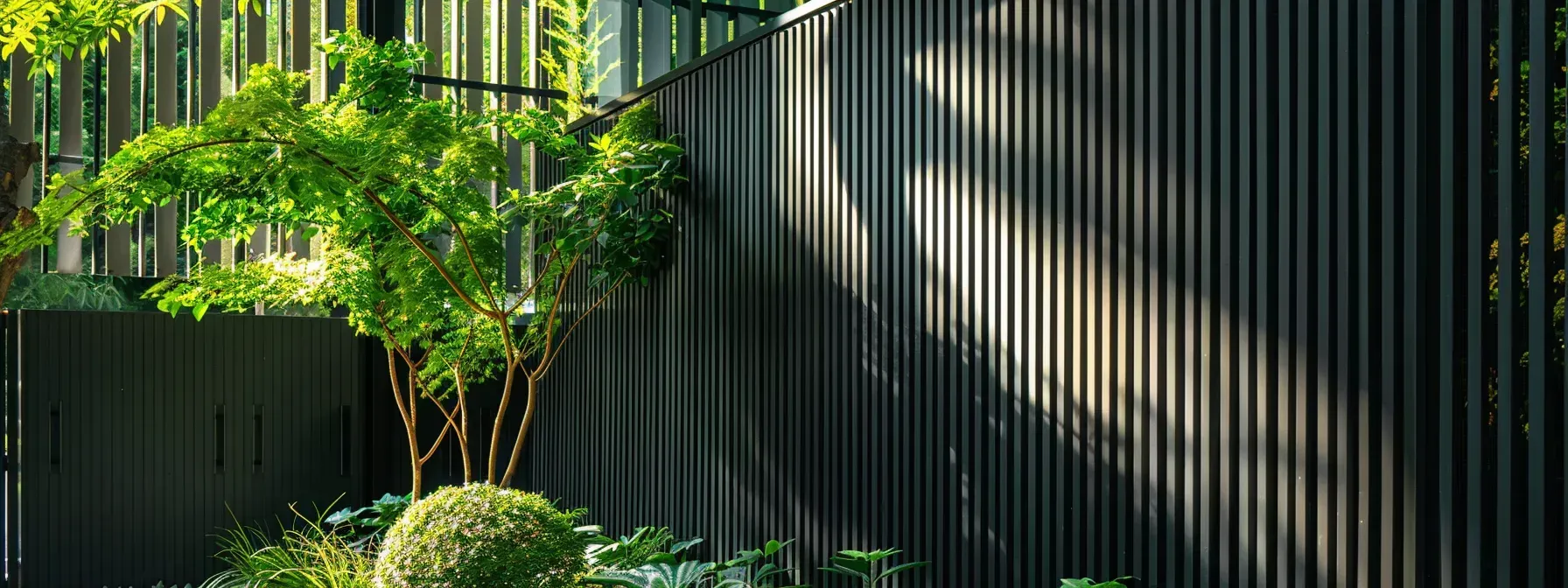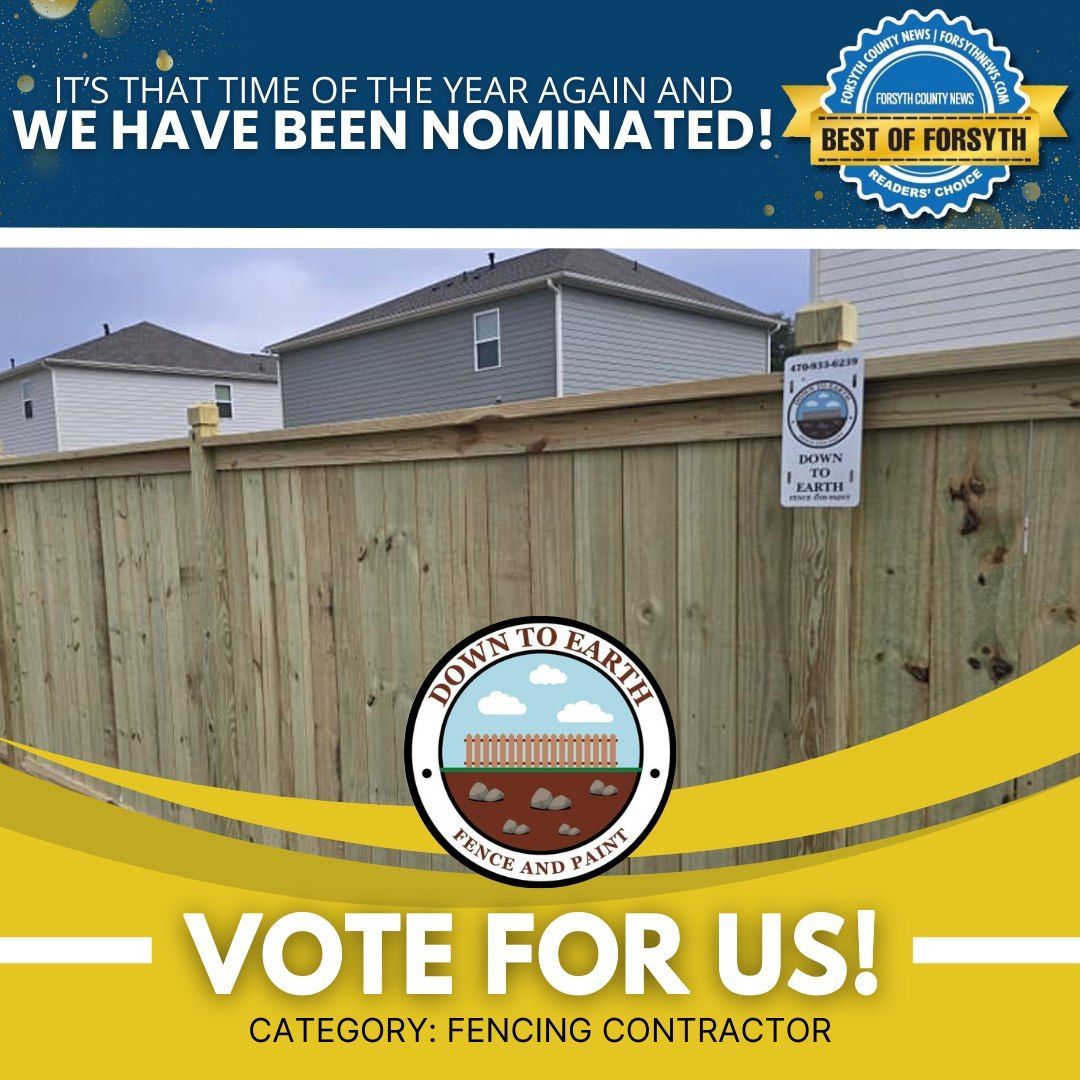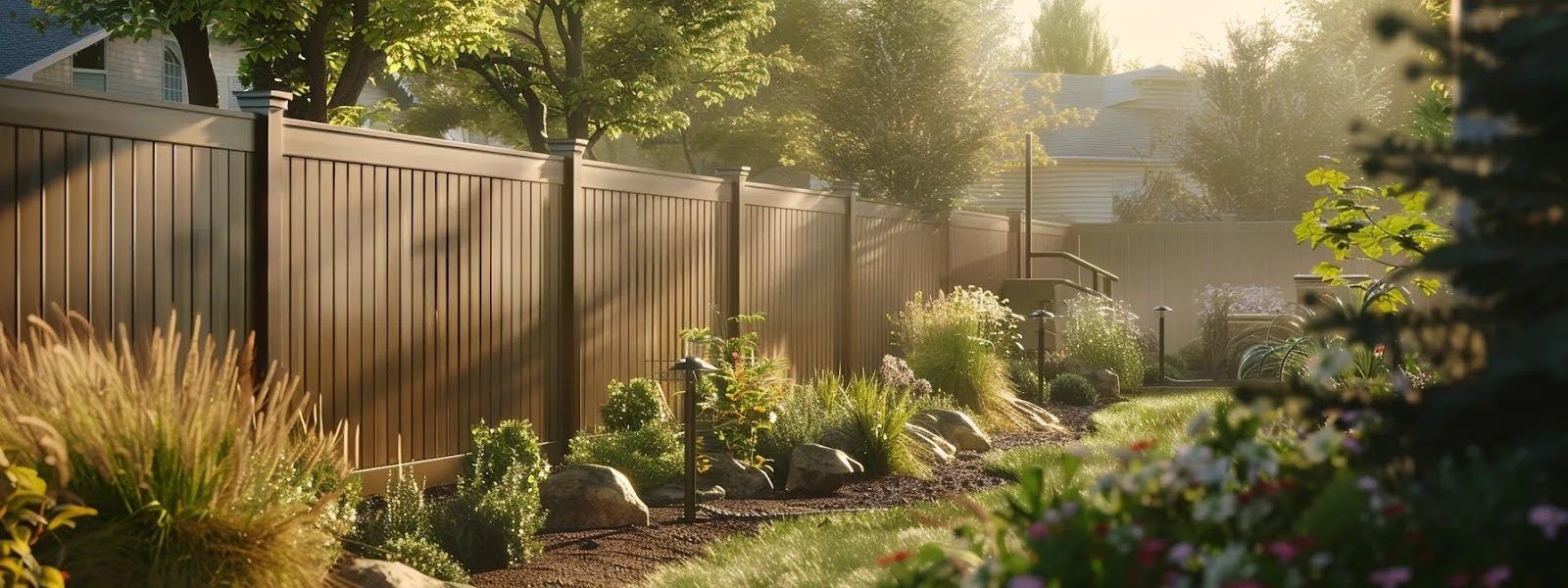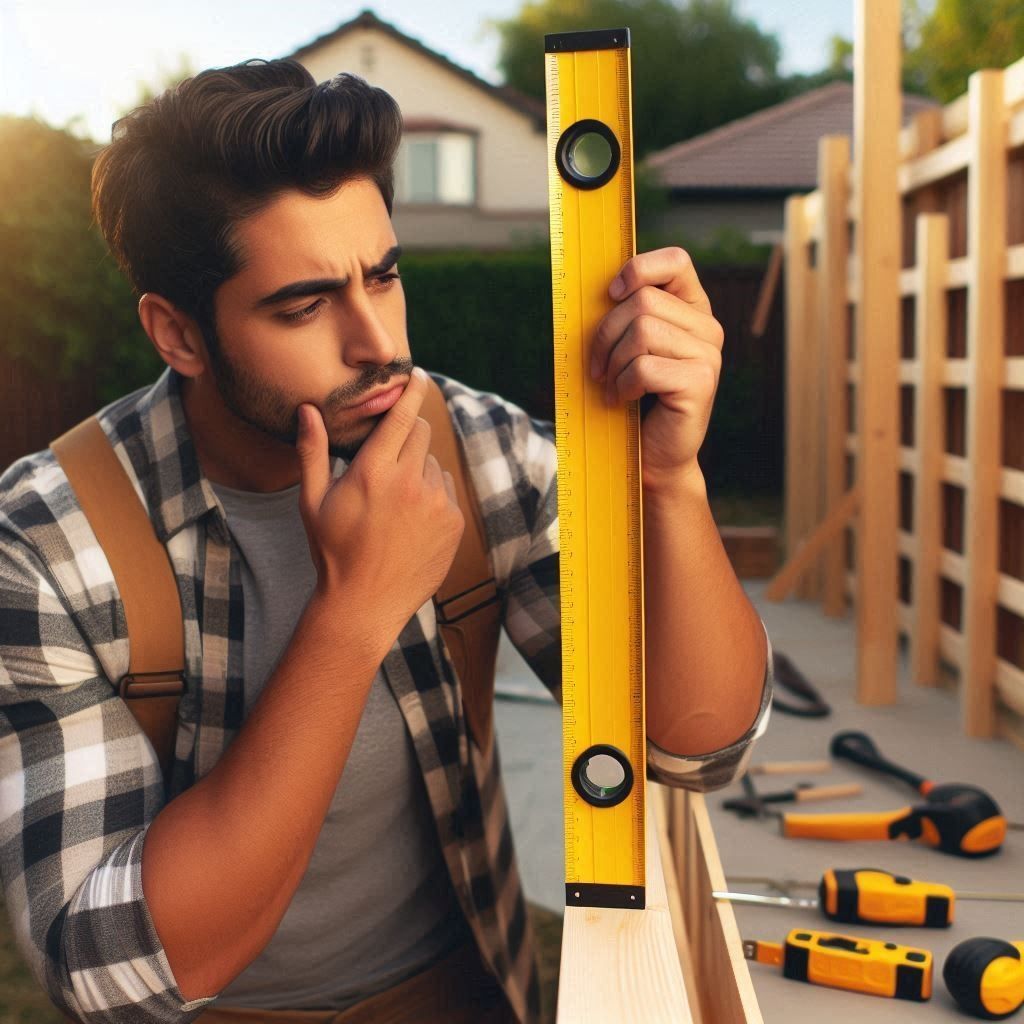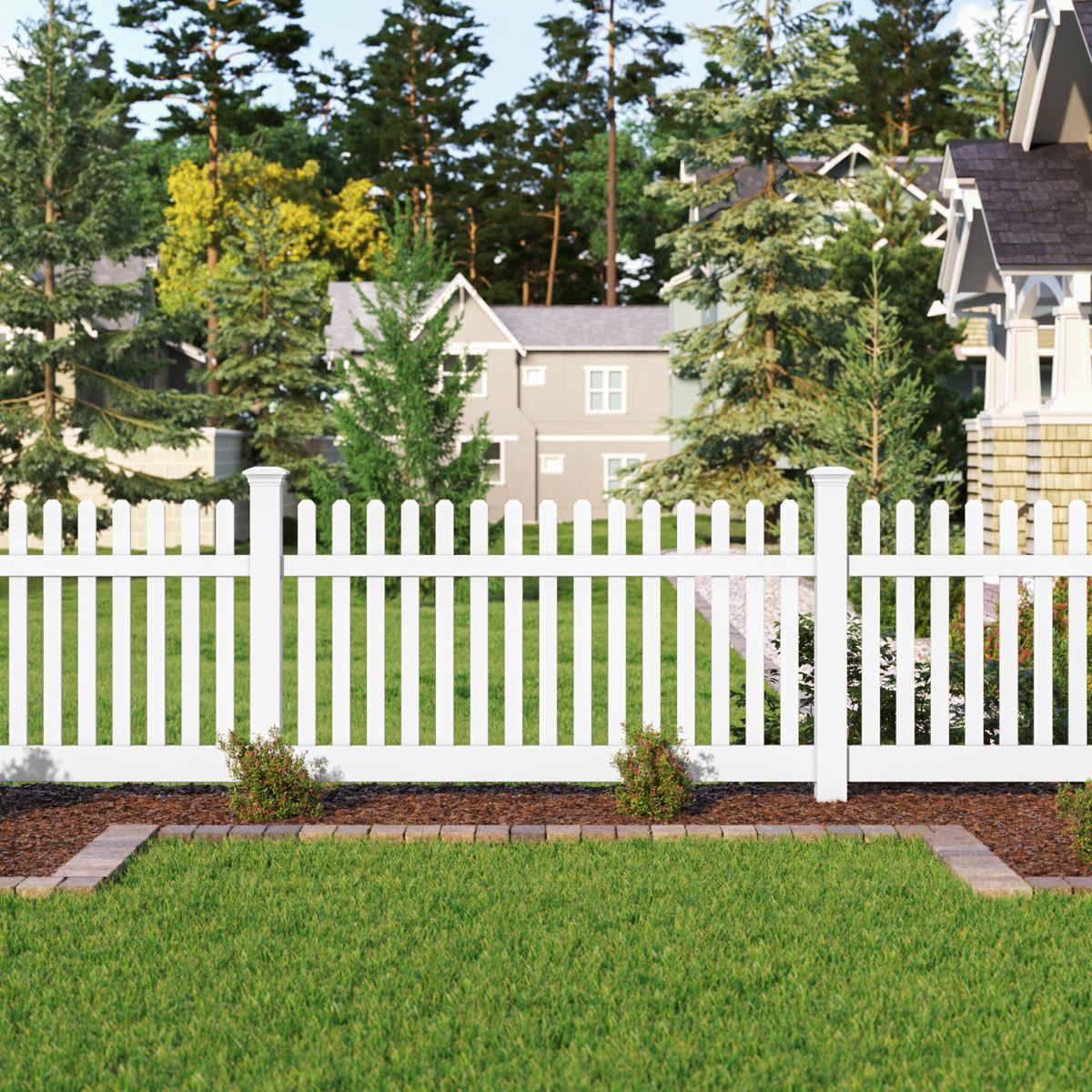5 Common Mistakes to Avoid When Installing a Fence in Cumming, GA
Installing a fence is a big project that needs careful planning and execution. A well-installed fence not only enhances the curb appeal of your property but also provides much-needed privacy and security. However, the process isn't as straightforward as it might seem. Homeowners often make common mistakes that can complicate what seems like a simple project. In this article, we'll explore these common fence installation pitfalls and offer tips on how to avoid them.
Mistake 1: Not Checking Local Regulations
One of the most common mistakes homeowners make when installing a fence is not checking local regulations. In Cumming, Georgia, like in many other places, there are specific rules and codes that govern fence installations. These regulations can cover everything from fence height, style, and placement to the materials used. For example, building permits are required for fences over six feet in height. Ignoring these regulations can lead to serious consequences. If your fence does not comply with local codes, you may be required to remove it or make costly modifications. Additionally, you could face fines or legal issues. Therefore, it’s crucial to understand and adhere to these local regulations before starting your fence installation project. This not only ensures your fence is legal but also saves you from potential headaches down the line. Remember, a little research goes a long way toward preventing this common mistake!
Mistake 2: Ignoring Property Lines
A crucial step in the fence installation process is accurately determining your property lines. Your property lines define the legal boundary of your property, and installing a fence within these lines ensures you’re not encroaching on your neighbor’s land. Ignoring property lines is a common mistake that can lead to serious consequences. If you accidentally build your fence on your neighbor’s property, it can result in disputes and sour relationships. Moreover, you might be legally required to remove or relocate your fence, leading to additional costs and wasted time. In some cases, property lines may not be as clear-cut as they seem, especially if your house is older or if there have been several previous owners. In such situations, it might be worth investing in a professional land survey to accurately determine your property lines.
By respecting property lines, you’re not only abiding by the law but also maintaining good relations with your neighbors. So before you start your fence installation in Cumming, make sure you know exactly where your property ends and your neighbor’s begins.
Mistake 3: Choosing the Wrong Materials
There are various materials available for fence installation, each with its own set of advantages and disadvantages. Common materials include wood, vinyl, aluminum, steel, chain link, PVC, and ornamental fences. The choice of material should be guided by the climate of Cumming, the desired aesthetic, and the specific needs of your property. For instance, while wood fences might offer a classic look, they may require more maintenance in a humid climate. On the other hand, materials like vinyl or aluminum might be more durable but could be more expensive. Choosing the wrong materials can lead to several problems. If the material is not suitable for the local climate, it can lead to premature wear and tear, resulting in additional costs for repair or replacement. Furthermore, a fence that doesn’t match the aesthetic of your property can detract from its overall appeal.
It's important to consider all the factors above and choose the material that best suits your needs and the local conditions. When in doubt, consulting with professionals like Down to Earth Fence can provide valuable insights to help you make the right choice. Remember, the right material can make all the difference in ensuring your fence is both functional and beautiful.
Mistake 4: Neglecting Proper Installation Techniques
A sturdy and durable fence relies on proper installation techniques as its backbone. Unfortunately, homeowners frequently overlook these crucial steps, resulting in mistakes that can jeopardize the strength and stability of the fence. One such mistake is not setting the fence posts deep enough. The depth of the post holes is critical to the stability of the fence. For example, if you have an 8-foot post, at least 2.5 to 3 feet of it should be buried in the ground. This means you would dig a hole approximately 2.5 to 3 feet deep for the post. If the posts are not set deep enough, the fence can become unstable and may topple over in strong winds or over time.
Another common mistake is not considering the terrain. The layout of your land can significantly impact the installation process. For instance, installing a fence on a slope requires a different technique than installing it on flat land. Ignoring the terrain can lead to an uneven fence or one that doesn’t properly secure your property. Lastly, not properly securing the fence is a mistake that can lead to a weak fence. This includes not using enough concrete when setting posts or not properly attaching the fence panels to the posts. These oversights can lead to a fence that is not only unsteady but also has a shorter lifespan.
By paying attention to these proper installation techniques, you can avoid these common mistakes and ensure your fence is strong, stable, and built to last. Remember, a well-installed fence not only enhances the beauty of your property but also provides the security and privacy you need.
Mistake 5: Not Hiring Professionals
While the idea of installing a fence by yourself might seem appealing, it often leads to more problems than it’s worth. This is where professional fence installers like Down to Earth Fence come into play. Hiring professionals comes with several benefits. For starters, we have the expert knowledge required for the job. We understand local regulations, know how to accurately determine property lines, and can advise on the best materials for your specific needs and local climate conditions. In addition, pros like us have the right tools for the job. Fence installation requires specialized tools, many of which are expensive and not commonly found in the average homeowner’s toolbox. Using the right tools not only ensures a high-quality installation but also significantly reduces the risk of injury.
Experience is another major advantage of hiring professionals. A company like Down to Earth Fence has years of experience installing fences, meaning we can anticipate and avoid potential issues, ensuring a smooth installation process. On the other hand, DIY installations can lead to a host of problems. Without the necessary knowledge and experience, you might end up with poor construction, which could lead to a weak or unstable fence. You might also waste materials due to incorrect measurements or installation techniques. Furthermore, DIY installations can be time-consuming, especially if you’re unfamiliar with the process.
Conclusion
Installing a fence in Cumming is more than just a weekend project. By avoiding these common mistakes, you can ensure your fence will stand strong and look great for years to come. Professional fence installers like Down to Earth Fence can help you navigate these challenges. This not only saves you time and potential headaches but also results in a sturdy, durable, and aesthetically pleasing fence. So, if you’re considering a fence installation in Cumming, GA, why not let the professionals handle it? Contact Down to Earth Fence today for all your fencing needs. Let us help you avoid these common mistakes and ensure that your fence is a valuable addition to your property. Contact us today!
